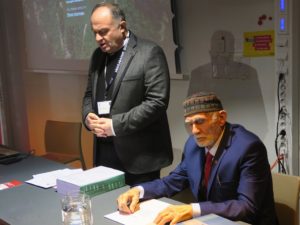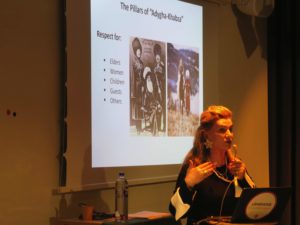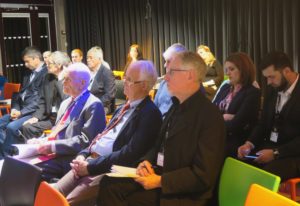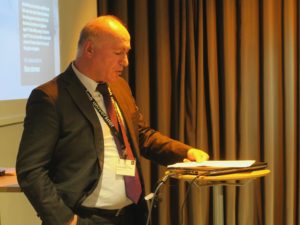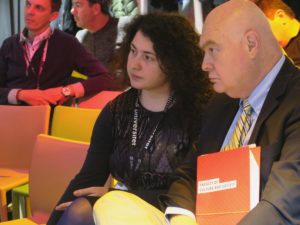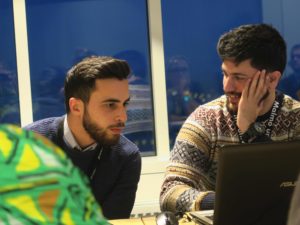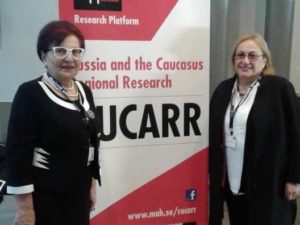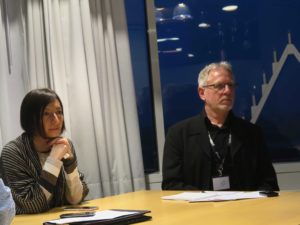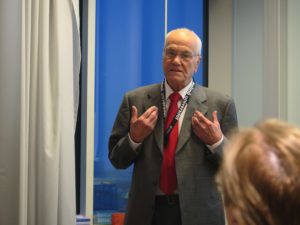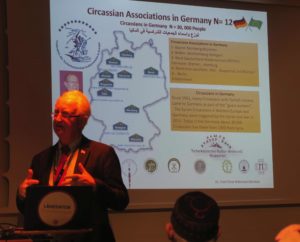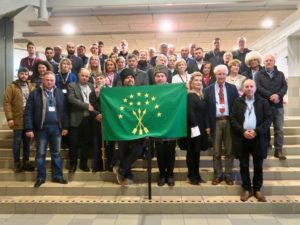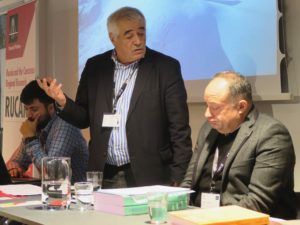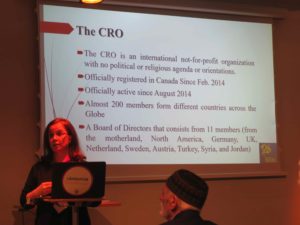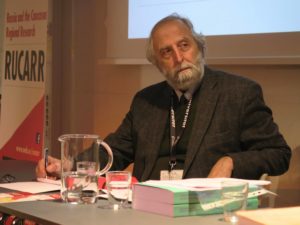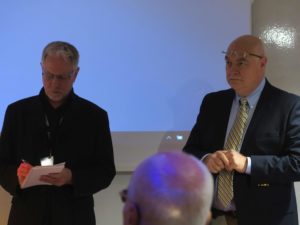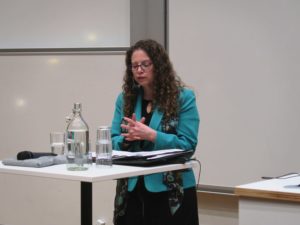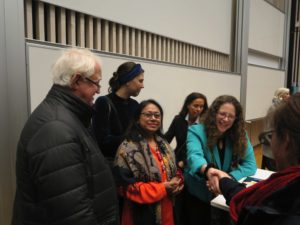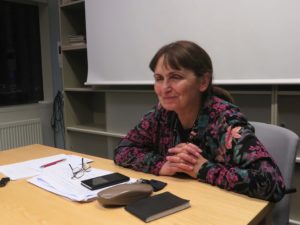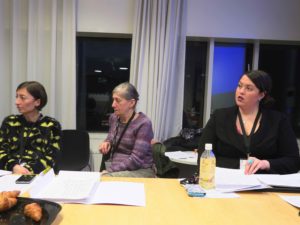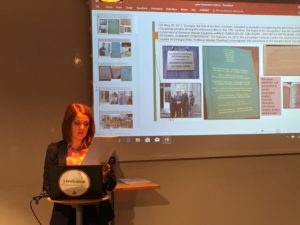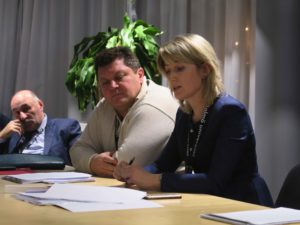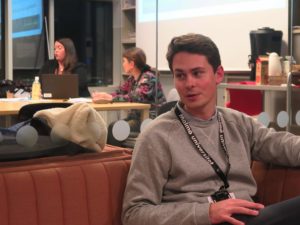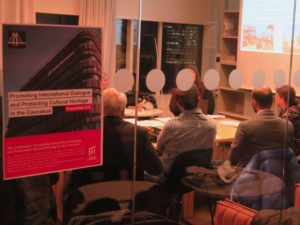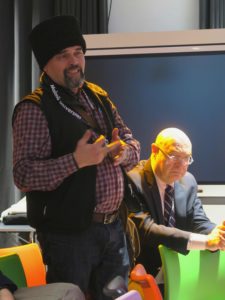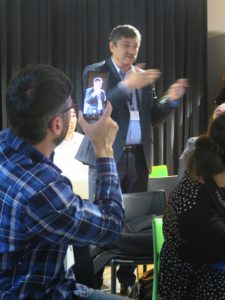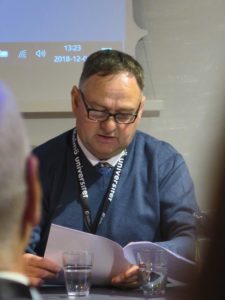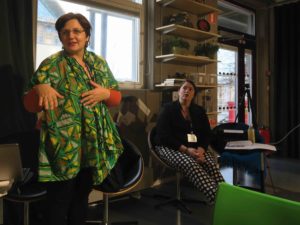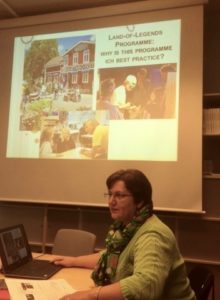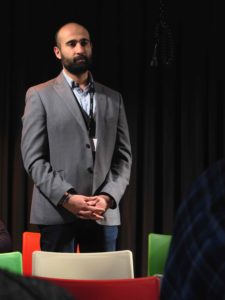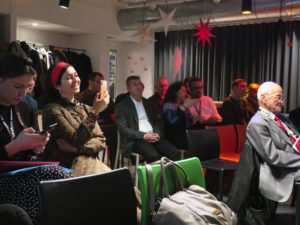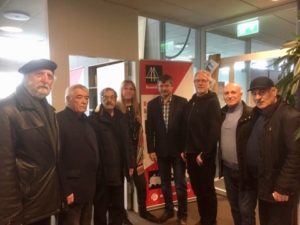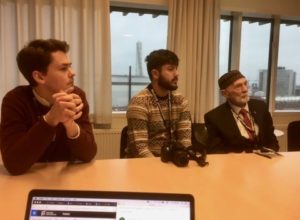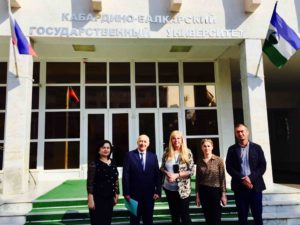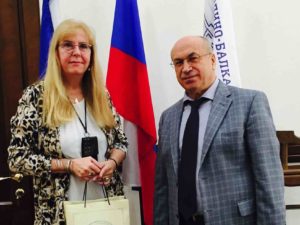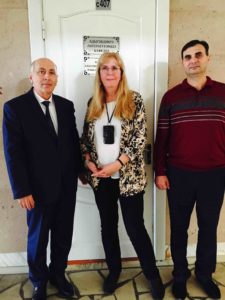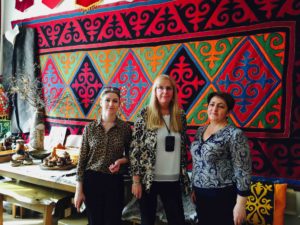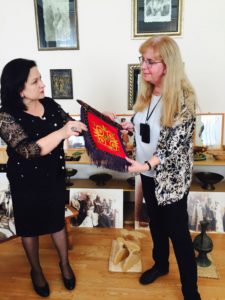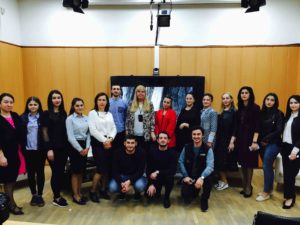The Long Telegram 2.0: A Neo-Kennanite Approach to Russia
 Dr. Peter Eltsov, Associate Professor of International Security Affairs at the College of International Security Affairs, National Defense University (Washington), presents his recent book The Long Telegram 2.0: A Neo-Kennanite Approach to Russia. When: April 12, 4-6 pm (zoom, CET)
Dr. Peter Eltsov, Associate Professor of International Security Affairs at the College of International Security Affairs, National Defense University (Washington), presents his recent book The Long Telegram 2.0: A Neo-Kennanite Approach to Russia. When: April 12, 4-6 pm (zoom, CET)
In this book, Eltsov lays out an original argument for understanding Russia that goes deep into its history, starting with the tri-partite dictum “orthodoxy, autocracy, nationality,” formulated in 1833 by count Sergey Uvarov. Eltsov explores Uvarov’s triad in the context of modern Russia, adding five more traits: exceptionalism, expansionism, historical primordialism, worship of the military, and glorification of suffering.
The author argues that, as presently constituted, Russia cannot become a democracy, and, sooner than later, it will disintegrate, replicating the fate of the Soviet Union. The key reasons for these, according to the author, are: weak mechanisms for the transition of power, poorly developed institutions of the state, feeble economy and education, frail ideology, and, most importantly, the lack of a unified national identity. Following this assessment, Eltsov defines a strategy for dealing with Russia, based on a combination of offensive realism and realpolitik, recommending that the West copes with Russia in a more pragmatic manner. Eltsov also will connect his ideas to most recent events in Russia, such as the adoption of a new constitution and the relations with Belarus.

Bio
Peter Eltsov is an anthropologist and historian. He holds MA in South and South East Asian Studies from the University of California at Berkeley and PhD in Anthropology from Harvard. Prior to the National Defense University, Eltsov held positions at Free University in Berlin, the Library of Congress, Harvard University, and Wellesley College. Eltsov has published both in academic and mainstream venues and provided numerous commentaries for the media. In his current research, he is particularly interested in how competing interpretations of the past affect modern politics, including conflict and war.



 RUCARR uppmärksammar två nyutkomna och aktuella böcker om Ryssland: Hans-Wilhelm Steinfelds ”Putin” och Geir Flikkes ”Ruslands rebeller”, båda utgivna på norska av Cappelen Damm.
RUCARR uppmärksammar två nyutkomna och aktuella böcker om Ryssland: Hans-Wilhelm Steinfelds ”Putin” och Geir Flikkes ”Ruslands rebeller”, båda utgivna på norska av Cappelen Damm. You are invited to attend the RUCARR online seminar on October 6 The Caucasus in the Post-Covid Multi-Polar World with Dr. Lincoln Mitchell, affiliated to Arnold A. Saltzman Institute of War and Peace Studies, Columbia University (bio below).
You are invited to attend the RUCARR online seminar on October 6 The Caucasus in the Post-Covid Multi-Polar World with Dr. Lincoln Mitchell, affiliated to Arnold A. Saltzman Institute of War and Peace Studies, Columbia University (bio below). Drug discourses in Russia
Drug discourses in Russia A book with the intriguing title
A book with the intriguing title 
 Dr. Mikhail Suslov: Fantasy and Politics in Contemporary Russian Science Fiction
Dr. Mikhail Suslov: Fantasy and Politics in Contemporary Russian Science Fiction

